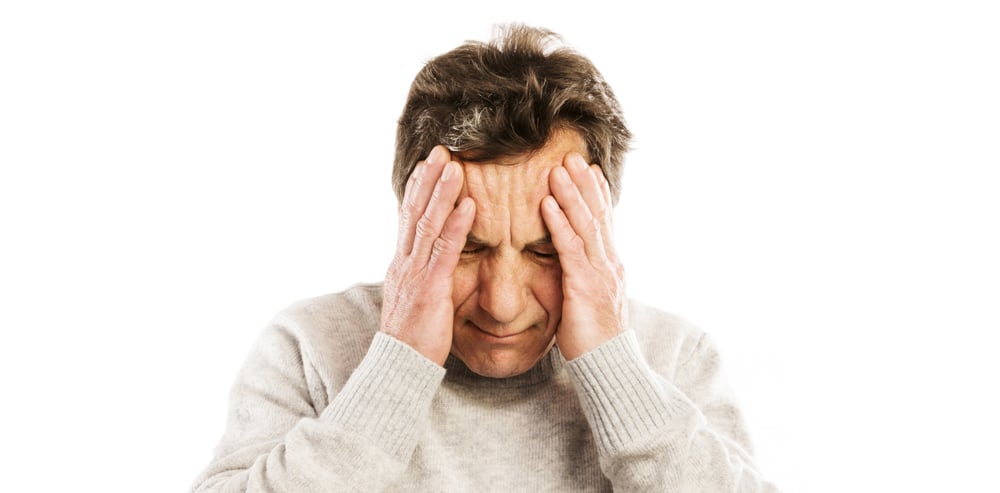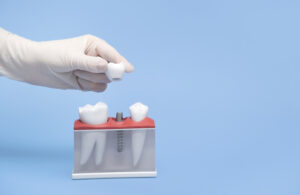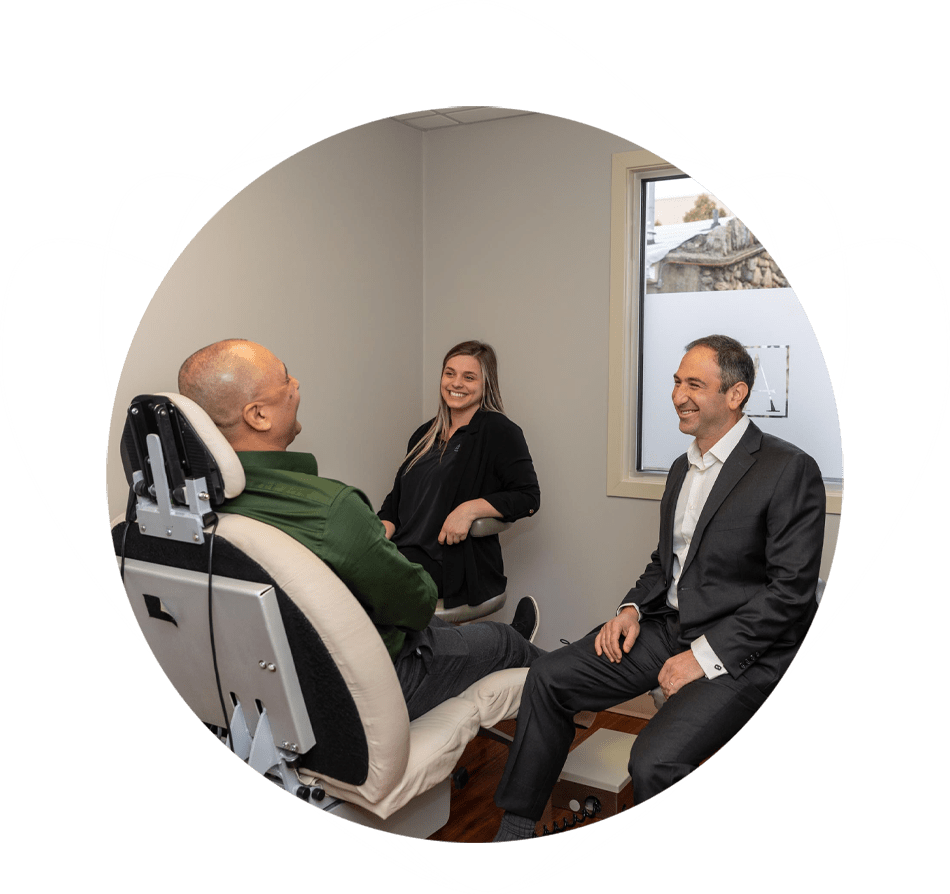Many migraine sufferers say that stress is one of their worstmigraine triggers. It’s both a common trigger and a serious one, because the times when you are stressed are the times when you’re least able to deal with a migraine.
But for as many people as report it, maybe stress isn’t actually causing your migraines. Maybe it ‘s all the things that stress makes you do that cause your migraines.
Stress-Related Behaviors That Can Trigger Migraines
As one blogger noted, stress might not be directly responsible for your migraines, but there are many stress-related behaviors that can be responsible for your migraines. Some things people do when they are stressed that can lead to migraines include:
- Skipping meals
- Making poor food choices, including fast food that can contain trigger substances like MSG
- Getting dehydrated
- Consuming too much caffeine or alcohol
- Staying up late (sleeping in could also be a problem)
- Losing track of preventive medication
- Missing warning signs for migraines
It’s impossible to completely avoid stress. Life is stressful by nature. But it is possible to control how we respond to stress, and if we can focus on some of these stress-related behaviors, we may be more effective at stopping stress-related migraines.
This involves making some hard choices, such as skipping some gatherings with families and friends, or giving up foods and drinks that we used to enjoy. It means, overall, being more attentive and proactive in many of our personal habits. Some people can make these choices themselves, but others may require counseling to help acquire this level of awareness.
Stress-Related Jaw Clenching
Many people also have stress-related jaw clenching (bruxism), which can be a powerful migraine trigger. Jaw clenching can trigger migraines in many ways. All the jaw muscles are controlled by the trigeminal nerve, the trigger point for migraines. The stress-related signals sent to the jaw muscles, and the messages of tension and soreness coming back to the brain, can overwhelm the trigeminal nerve, leading to a cascade process that results in a migraine.
Temporomandibular joint disorder (TMJ) contributes to the muscle tension in your jaw, making these overload episodes more likely. TMJ treatment allows us to relax your jaw muscles, making it less likely that you’re going to trigger migraines with jaw clenching.
To learn whether TMJ treatment can help with your migraines in Westchester County, please call (914) 526-2144 for an appointment with a TMJ dentist at Advanced Smiles of Mohegan Lake.





